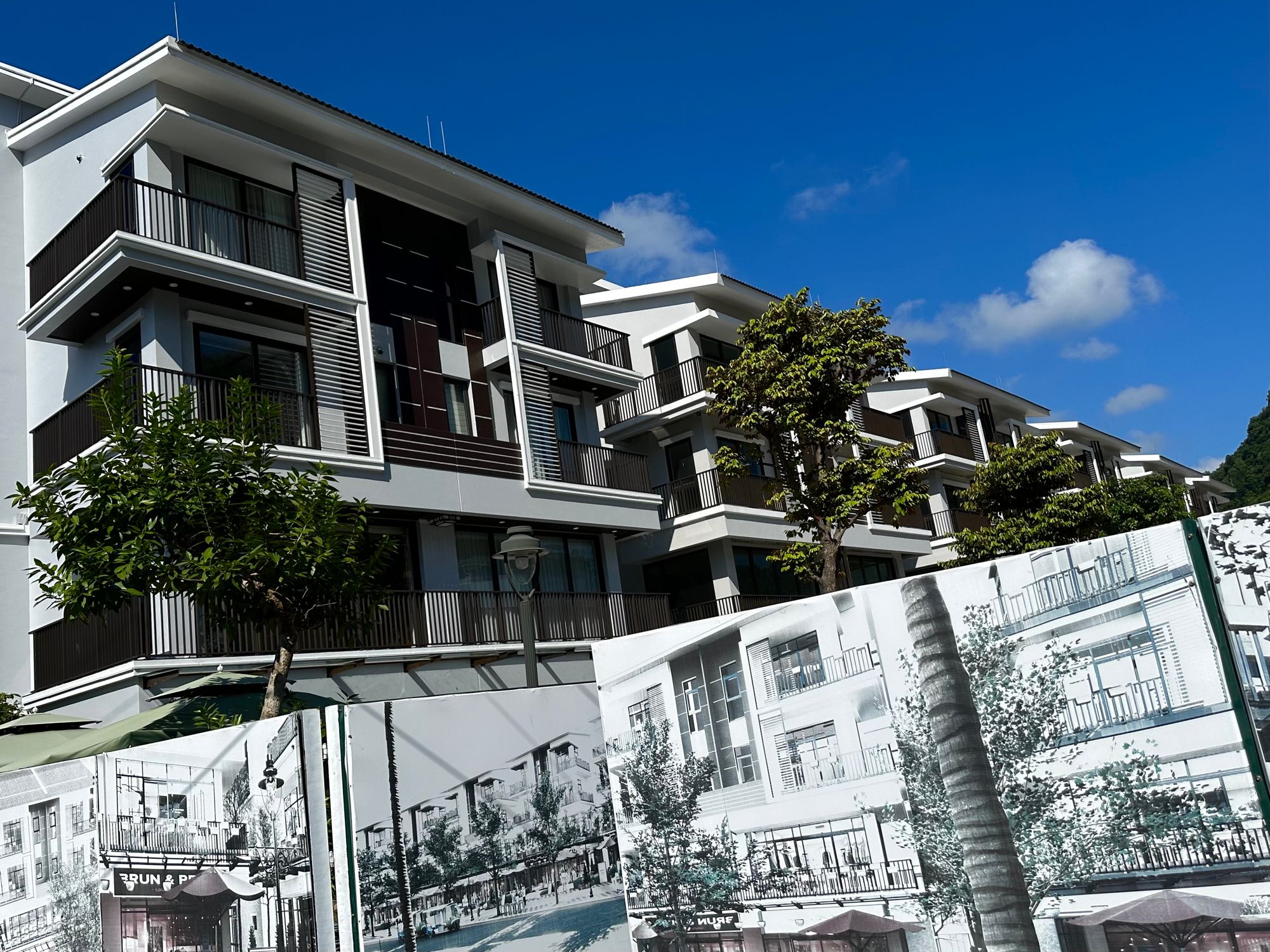Exploring Property Ownership for Foreigners in Vietnam: An Insight into the 2023 Updates
Introduction: With Vietnam progressively amplifying its global economic presence, the framework governing foreign property ownership remains a focal point of discussion. The country’s legislative landscape is poised to undergo significant enhancements, with amendments aimed at incentivizing foreign investments in the real estate sector. This article, based on insights from

Introduction:
With Vietnam progressively amplifying its global economic presence, the framework governing foreign property ownership remains a focal point of discussion. The country’s legislative landscape is poised to undergo significant enhancements, with amendments aimed at incentivizing foreign investments in the real estate sector. This article, based on insights from HỒ KHẢ VY and consultations with the legal team of ACC Law Firm, provides a comprehensive examination of the existing provisions, expected legal innovations in 2023, and the implications for foreign nationals and entities aspiring to own property in Vietnam.
Current Statutory Framework:
Vietnam’s existing legislative ensemble permits foreigners to acquire residential properties, albeit under stringent conditions and restrictions. The legal tenure for property ownership is confined to a 50-year leasehold term, which is extendable, but mandates the property to revert to the state upon lease expiration. The law currently allows foreign entities to possess land exclusively for constructing residences, and individuals must meet specific eligibility criteria including holding a valid visa, maintaining a Vietnamese bank account, having no criminal record, and strict adherence to Vietnamese laws, including those related to taxes and foreign exchange.
Impending Legal Innovations in 2023:
Vietnam’s legal panorama is set to witness substantial transformations in 2023, with proposed extensions to the leasehold term, potentially reaching 70 years, offering augmented stability and assurance to foreign investors. The discourse around modifications also encompasses a probable relaxation of land ownership restrictions, potentially enabling foreign entities to acquire land for commercial or industrial intents. Concurrently, the government is contemplating the introduction of streamlined administrative protocols, including a unified service for property registration and tax payments and the establishment of online payment infrastructures, to facilitate a more seamless acquisition process for foreign investors.
Quotas and Property Types:
The legislation stipulates that foreign individuals can own up to 30% of the units in a condominium building or a maximum of 250 houses in a ward, with the prerequisite of having a valid visa or residency permit. They are entitled to acquire diverse property types, including apartments, villas, and commercial entities, but direct land ownership remains prohibited.
Fiscal Implications:
Foreign acquisitions are subjected to several fiscal obligations, such as value-added tax, registration fee, and land-use fee. The precise fiscal liabilities are contingent on the type, value, and geographical location of the acquired property, necessitating consultation with local experts for a thorough understanding of the financial commitments involved in property procurement in Vietnam.
Conclusion:
The anticipated legal modifications in 2023 underscore Vietnam’s strategic intent to bolster foreign investments in its real estate sector. The evolving legal ecosystem, while maintaining certain ownership restrictions, is projected to proffer enhanced stability, diversity, and convenience to foreign investors, impacting Vietnam’s economic development significantly. The enhancements symbolize Vietnam’s dedication to fostering an inclusive and favorable investment climate, with international investments anticipated to play a pivotal role in the nation's economic progression.
Final Thoughts:
For foreign investors, especially those without residency, staying informed about the legal developments and ensuring meticulous compliance with the prevailing laws is paramount. The prospective opportunities emerging from the ongoing legal revisions in Vietnam’s real estate sector signify a concerted effort by the Vietnamese government to establish a welcoming and equitable investment environment. These developments necessitate potential foreign investors to navigate the legal intricacies with diligence and make informed decisions to optimally leverage the unfolding prospects in Vietnam’s property market.




